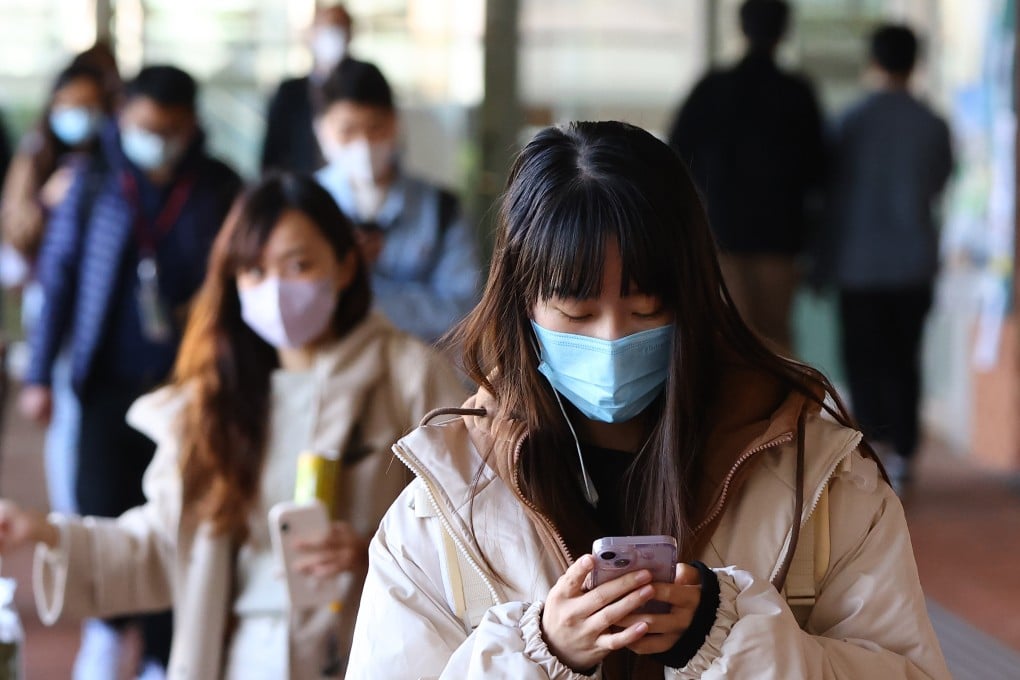Opinion | Universities afraid to embrace ChatGPT have missed the point of education
- For too long, Hong Kong’s education system has rewarded students for their ability to memorise facts
- AI tools like ChatGPT will force educators to place a higher value on creativity and originality

A business school in the US, I’m told, has done the opposite of what HKU announced last Friday. Its students are told that they must use ChatGPT for their coursework. Anyone who refuses to use the AI tool will be doing so knowingly at their own disadvantage.
A lecturer will then grade students using a new set of standards. Students will flunk the course if there is any factual error or logical inconsistency in their papers. Ensuring an error-free and logically proven work is now the bare minimum you need to get a pass.
To earn any score higher than that, students must demonstrate individual creativity or insight that separates their work from their classmates. Distinctions will now go to those who have their own voice or make a unique contribution to the subject matter.
The idea may sound drastic at first hearing, but it makes perfect sense.
Under the new grading system, students must check whatever is written by ChatGPT to see if the arguments are fact-based and valid. They need to learn how to properly source the information and cross-check it to ensure accuracy. Instead of finding a lazy solution, students must master the basic facts and weed out any logical gaps in their coursework just to get a pass.
